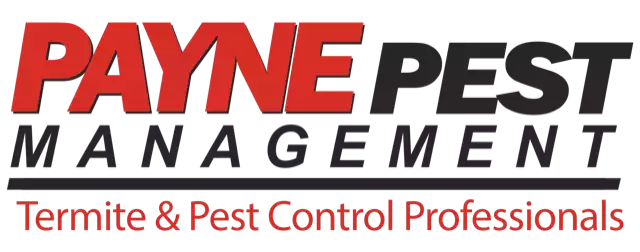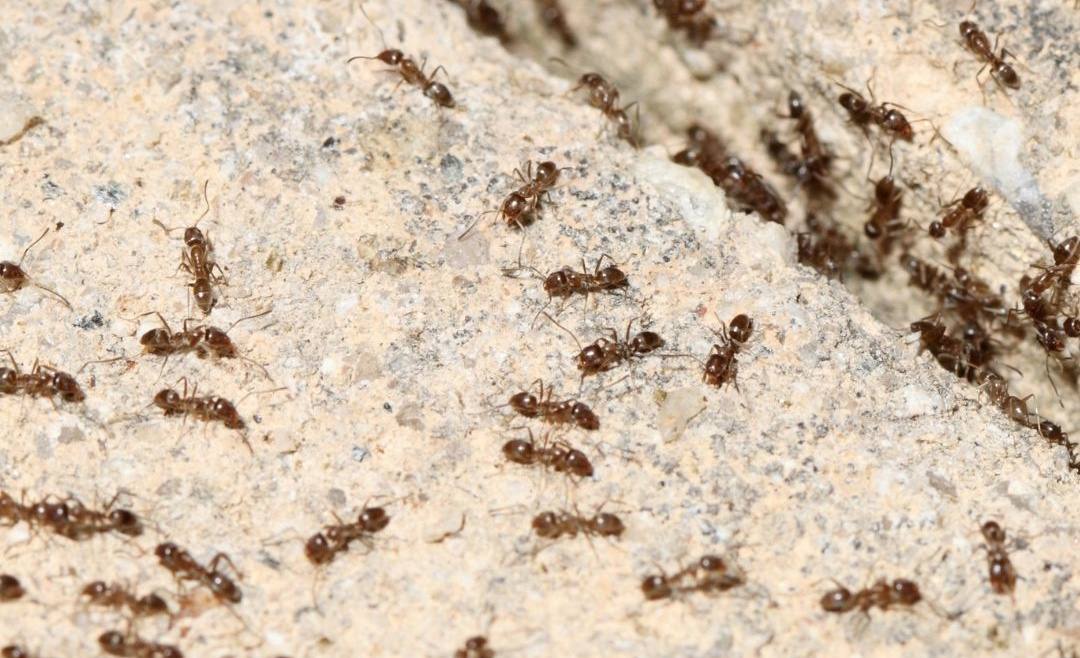Preventing pests is a crucial aspect of maintaining a healthy and clean living environment. Whether you’re dealing with insects, rodents, or other unwanted guests, this comprehensive guide will provide you with the knowledge and tools to keep your home and garden pest-free. We’ll cover a wide range of strategies and techniques, ensuring you’re well-equipped to tackle any pest-related challenges that come your way.
Understanding Pest Behavior
To effectively prevent pests, it’s essential to understand their behavior. Different pests have unique habits and preferences, so let’s dive into the specifics.
Common Pest Types
- Crawling Insects: Crawling insects like ants, cockroaches, and spiders can quickly infest your home. Learn how to identify and deter them.
- Flying Insects: Mosquitoes, flies, and bees can be a nuisance. Discover ways to keep these flying pests at bay.
- Rodents: Rats and mice are notorious for causing damage. Find out how to make your home less attractive to them.
- Garden Pests: Protect your plants from common garden pests such as aphids, slugs, and snails.
Pest Attraction Factors
Understanding why pests are attracted to your property is the first step in preventing infestations.
- Food Sources: Eliminate food crumbs and open containers to remove attractants for pests.
- Water Sources: Fix leaky pipes and ensure proper drainage to reduce standing water, which attracts pests.
- Shelter: Seal cracks and crevices in your home to deny pests access to hiding spots.
Effective Prevention Methods
Now that you understand your enemy, let’s explore the most effective methods for preventing pests.
Pest-Proofing Your Home
- Sealing Cracks and Holes: Use caulk to seal any openings that pests could use to enter your home.
- Screening Windows and Doors: Install screens to keep flying insects out of your living spaces.
- Regular Cleaning: Maintain cleanliness to eliminate food sources and hiding spots.
Natural Pest Control
- Beneficial Insects: Encourage the presence of beneficial insects like ladybugs and lacewings in your garden to prey on pests.
- Companion Planting: Plant pest-repelling herbs and flowers alongside your vegetables to deter garden pests.
- Neem Oil: Use neem oil as a natural pesticide to protect your plants.
Chemical Pest Control
- Insecticides: When necessary, use insecticides to target specific pests. Always follow safety guidelines.
- Rodenticides: Choose rodenticides carefully and place them in secure locations to avoid unintended harm.
Professional Pest Control
- Pest Inspections: Schedule regular pest inspections by professionals to catch problems early.
- Extermination Services: In severe infestations, consider hiring pest control experts for thorough elimination.
Frequently Asked Questions (FAQs)
How can I prevent ants from entering my kitchen?
To prevent ants, keep food containers tightly sealed, clean up spills promptly, and use ant baits in problem areas.
Are there eco-friendly pest control methods?
Yes, you can use natural methods like diatomaceous earth or sticky traps for eco-friendly pest control.
What should I do if I find a wasp nest in my yard?
Call a professional pest control service to safely remove the wasp nest, as they can be aggressive when disturbed.
Can I prevent garden pests without using pesticides?
Yes, you can use companion planting, organic sprays, and beneficial insects to deter garden pests naturally.
How often should I schedule pest inspections for my home?
It’s recommended to have annual pest inspections to catch potential issues before they become severe.
Is it safe to use chemical pest control methods around pets and children?
Follow product instructions carefully and consider using pet and child-safe options if available.
Preventing pests is a proactive and essential part of maintaining a comfortable and healthy living environment. By following the strategies and tips outlined in this guide, you can significantly reduce the risk of pest infestations in your home and garden. Remember to stay vigilant and address any pest issues promptly to ensure a pest-free future.







